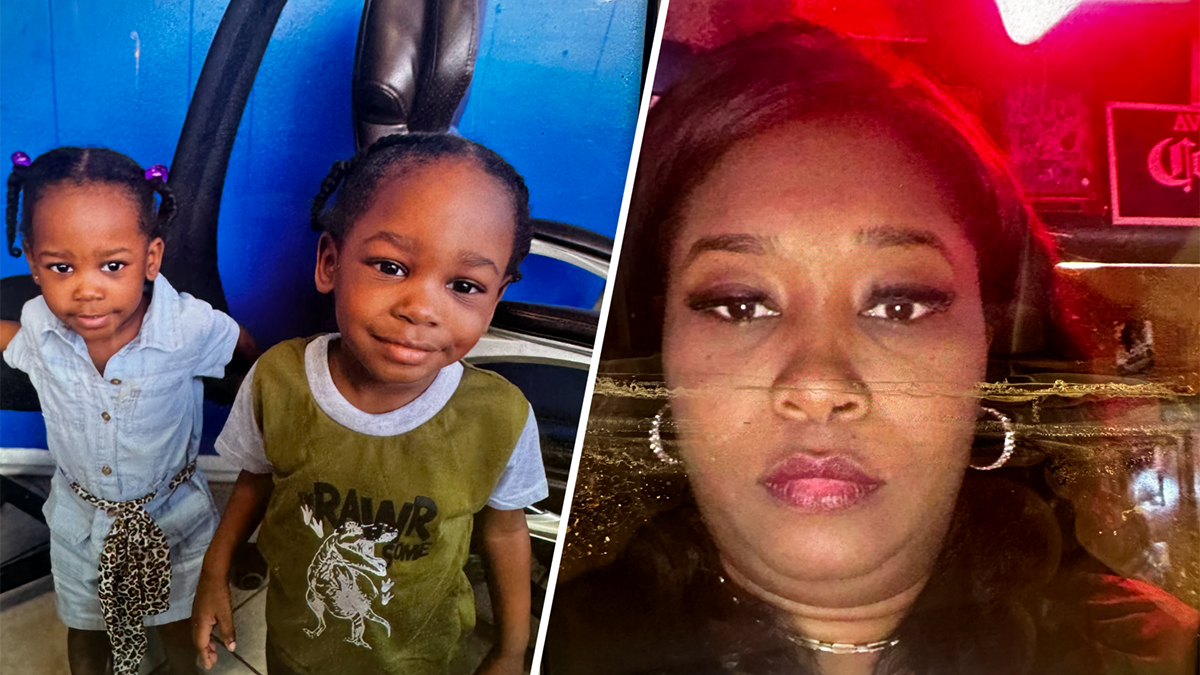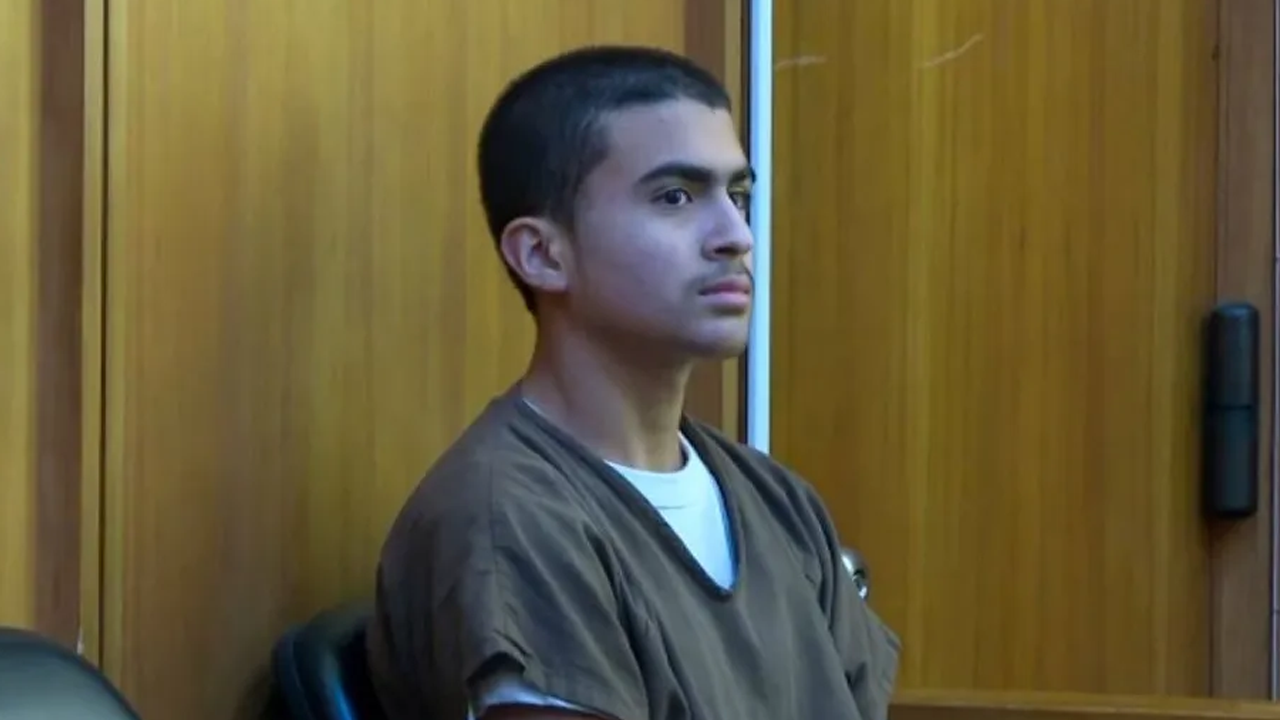
After Ivonne Antonian graduated from Florida A&M University’s law school in Orlando, she lined up a job at the Orange-Osceola Public Defender’s Office and was eager to begin her career as an attorney.
But then the Florida Bar exam was delayed several times — first the traditional in-person version, due to the coronavirus pandemic, and then an online version, due to software concerns — leaving the 26-year-old unable to start working.
Even if she passes the test, now slated for October, she still has to wait for the results before she can join the agency, likely in December at the earliest. In the meantime, she’s been living off her credit cards — stressed out and frustrated.
“It’s just completely exhausting, to be honest,” she said. “It diminishes everything you’ve gone through at school. It feels like the end is nowhere in sight.”
Get South Florida local news, weather forecasts and entertainment stories to your inbox. Sign up for NBC South Florida newsletters.
She’s one of thousands of prospective attorneys left in limbo by the testing delays, despite a supervised practice program launched in August after Chief Justice Charles Canady apologized for failures that led to the Bar exam being postponed. The program allows applicants to work under the supervision of licensed Florida lawyers who’ve been practicing at least five years.
But the program excludes people who failed the exam before 2020 and signed up to retake it, as well as those who are already licensed to practice law outside of Florida. Out of about 3,400 who signed up to take the exam, only a fraction — 308 applicants — were certified to participate in the program as of Sept. 17, according to Florida Board of Bar Examiners.
Critics have called the program’s requirements overly restrictive, but FBBE executive director Michele Gavagni said the “overarching goal is to make sure the public is protected.” The program also places strict supervision requirements on law firms, which some say creates a disincentive to taking on program participants.
Local
More than 50 attorneys have asked the Florida Supreme Court to waive the exam requirement and allow the applicants to practice law after working six months under supervision, citing stress and financial hardship caused by the delay. The high court rejected the move, saying it could cause harm to the public.
Tessa Mears was confident she would pass the Florida Bar exam in July and already had her first job as an attorney lined up at the Pazos Law Group in Coral Gables. With the Bar exam postponed, the firm approved Mears, who lives in Orlando, to work remotely under the supervised practice program.
The University of Miami graduate said she’s grateful to have a job and access to health insurance but is concerned about juggling her work with the rigorous study schedule of preparing for the bar exam — while also worrying about COVID-19.
“Either you’re sick, you know someone who’s sick or you’re worried about somebody getting sick,” Mears said. “It’s mentally draining. It’s really hard. The only think keeping me sane is knowing I can still work and that my firm is still willing to work with me and my family.”
Nadia Pazos said she agreed to supervise Mears because she’s “worth waiting for,” but the attorney said she hasn’t heard of other firms participating in the supervised practice program.
“Most small firms just can’t afford to have another person on staff who isn’t barred,” she said.
The program requires Pazos to assume “professional responsibility” for Mears’ work, sign all her pleadings and court filings, and attend court hearings with her, if a judge requires it. Pazos said it doesn’t help her firm’s workload to have two people in one place.
“I feel like I get to babysit her,” she said. “She’s completely competent and capable of handling it if they just let her take the bar.”
The Young Lawyers Division of the Florida Bar lists just 24 lawyers statewide who are willing to become a supervising attorney for a participant.
University of Florida law school graduate Morgan Lester, 25, of Orlando, said she and her supervising attorney had hoped the program would allow her to go hearings and appear on behalf of clients on her own.
“(The firm) suggested I go ahead and sign up so I could potentially handle a larger thrust of assignments,” she said. “... But I’m just tagging along. It’s not as expansive — it’s not as helpful as we thought it would be.”
The delays in the exam have been “disheartening,” she said. Her goal of becoming a lawyer before turning 25 ended when the exam was rescheduled to Oct. 13, more than a week after her 25th birthday.
“I was studying from the moment I wake up to the moment I got to bed,” she said. “All law students plan financially for taking May to July off from work to study. When they moved it, it stretched everybody who was already stretched out financially and mentally. ... It’s put a lot of the things I wanted to do on hold.”
Ryan Enage, a Stetson University law school graduate, said he’s worried about whether the exam will be stable and secure, pointing to concerns about ExamSoft, the online software being used to proctor the exam in Florida. During Michigan’s bar exam, the software crashed temporarily after a hacking attempt, according to the Detroit Free Press.
“It doesn’t feel fair,” said Enage, of Winter Garden. “... We’re going to find out Oct. 5 whether this software works when New York does its bar exam.”
Gavagni said FBBE is “constant contact” with ExamSoft regarding security alerts.
“We have not been notified by the vendor of security alerts tied to the software,” she said.
Antonian said she plans to apply for the supervised practice program and look for other legal jobs but, if she doesn’t find something soon, she’ll have to consider jobs outside her chosen profession.
“It really sucks not to work in the legal field, especially after I was already offered a position, have all these years in law school, had internships and experience,” she said. “To not be able to work in that field feels like so much work for nothing.”



